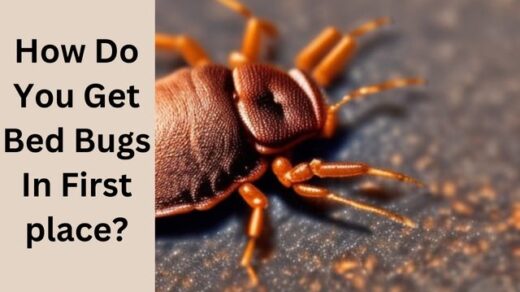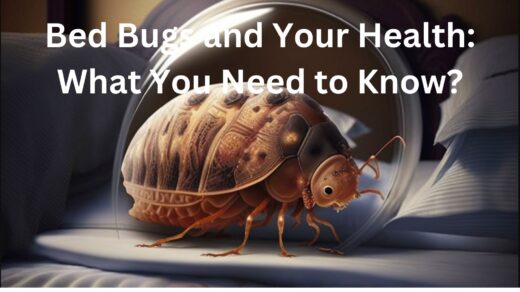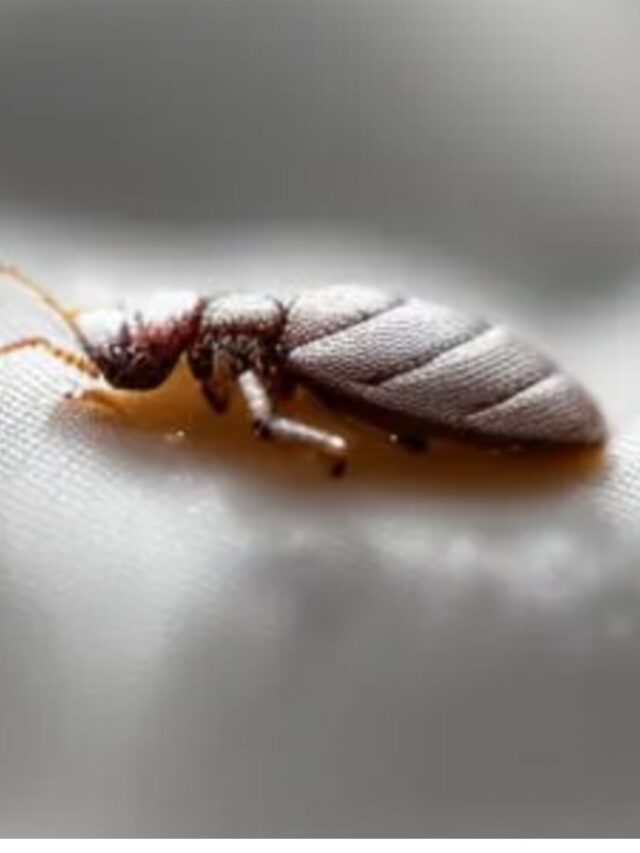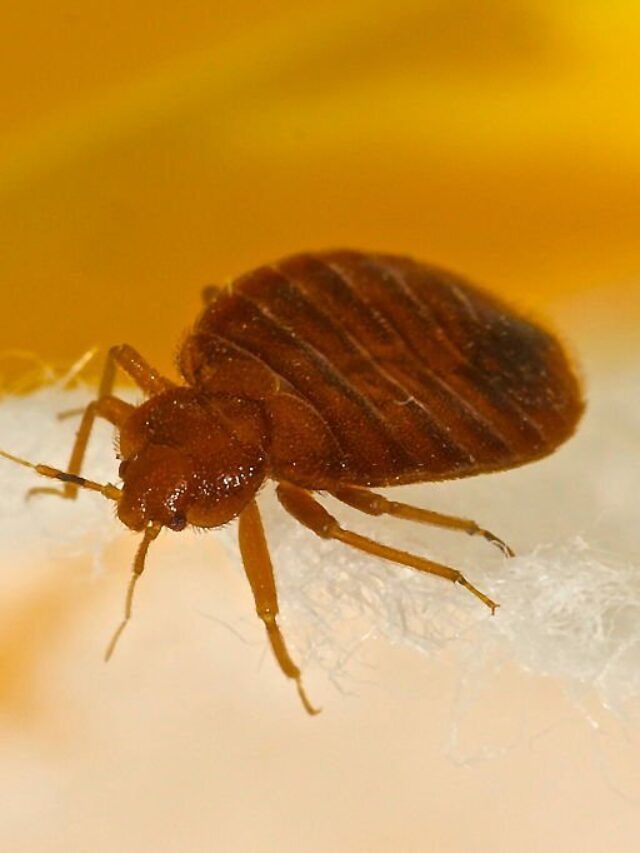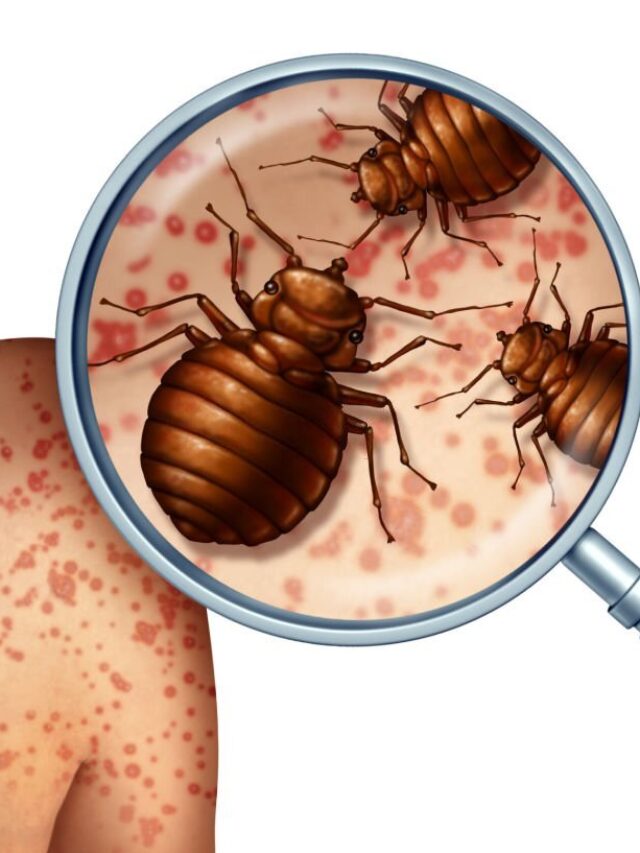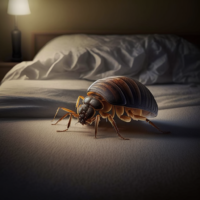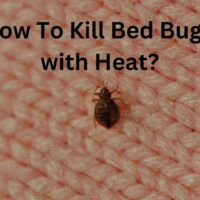Introduction: You may think of bed bugs as just a nuisance that bites and annoys you during the night. But, did you know that bed bugs can also cause allergic reactions in some people? Yes, you heard that right! Bed bugs aren’t just gross; they can also be a health hazard. In this blog, we’ll dive into the topic of bed bug allergies, explore the symptoms and reactions, and provide you with tips on how to prevent and eradicate these pesky critters.
The Shocking Truth: Yes, You Can Be Allergic to Bed Bugs!
It’s a common misconception that bed bugs only bite and cause itching. However, some people can develop an allergic reaction to bed bug bites, resulting in a more severe and painful experience. According to the American College of Allergy, Asthma, and Immunology, bed bug bites can cause anaphylaxis in rare cases, which is a severe and life-threatening allergic reaction. Symptoms of bed bug allergies can range from mild to severe and include redness, swelling, and itchiness. In severe cases, blisters or hives may develop around the bite area.
The Nasty Bite of Bed Bugs: Symptoms and Reactions
If you’re allergic to bed bugs, you may experience a wide range of symptoms, including a burning sensation, intense itching, and even flu-like symptoms. You may also notice small bumps or welts on your skin. For some people, the symptoms can be so severe that they require medical attention. The reaction to bed bug bites can vary depending on the person’s sensitivity to the allergen, and repeated bites can lead to a more severe reaction.
Know the Enemy: Understanding Bed Bug Allergies
Bed bugs are small, brown, and oval-shaped insects that feed on human blood. They’re usually found in bedding, furniture, and crevices around the house. Bed bugs don’t transmit diseases, but their bites can cause an allergic reaction in some people. The allergen in bed bug bites is a protein found in their saliva. This protein triggers an immune response in the body, resulting in an allergic reaction.
Don’t Let Bed Bugs Ruin Your Sleep (and Health)
It’s essential to take bed bug allergies seriously and take steps to prevent them. Prevention is key, and some simple steps can help you avoid getting bitten by bed bugs. Firstly, check for bed bugs when staying in a hotel or other accommodation, and inspect any second-hand furniture before bringing it into your home. Secondly, regularly vacuum your home, and wash your bedding and clothes in hot water. Lastly, if you do find bed bugs in your home, call a pest control expert to help you eradicate the problem.
Protect Yourself: Tips for Preventing Bed Bug Allergies
Prevention is always better than cure, and there are many ways to prevent bed bug allergies. Use a bed bug mattress protector to prevent bed bugs from infesting your bed. Regularly vacuum and dust your home, and use a steam cleaner to kill any bed bugs hiding in furniture. Don’t bring any second-hand furniture into your home without first checking it for bed bugs. Lastly, if you travel, inspect your hotel room for bed bugs before settling in.
Eradicate the Problem: How to Get Rid of Bed Bugs for Good
If you do have bed bugs in your home, it’s crucial to take swift action to eradicate them. Bed bugs are notoriously difficult to get rid of, and DIY methods are often unsuccessful. The best way to eliminate bed bugs is to call a professional pest control company. They will use a combination of treatments, including heat treatment, insecticides, and vacuuming, to eradicate the problem.
Don’t Suffer in Silence: Seeking Medical Help for Bed Bug Allergies
If you suspect you’re allergic to bed bugs or have developed an allergic reaction to bed bug bites, don’t suffer in silence. Seeking medical help is crucial in managing bed bug allergies. A doctor can diagnose the allergy, provide treatment options, and prescribe medication to help alleviate symptoms. In severe cases, they may refer you to an allergist for further testing and treatment. It’s essential to seek medical help as soon as possible, as repeated exposure to bed bugs can lead to a more severe reaction. Remember, your health is essential, and taking steps to manage bed bug allergies can help prevent future reactions and discomfort.
Take Action to Protect Yourself and Your Family from Bed Bugs
In conclusion, bed bugs aren’t just a nuisance that bites and annoys you during the night. Bed bugs are tiny insects that can live in your bed and furniture. They can make some people have allergies, which can be very uncomfortable and painful. It is important to take bed bug allergies seriously and do things to stop them from coming into your home.
Here are some ways you can prevent bed bugs:
- Check second-hand furniture before you bring it into your home.
- Regularly vacuum your home to get rid of any bed bugs that might be hiding.
- Use a special cover on your mattress to keep bed bugs away.
If you already have bed bugs in your home, you should call a pest control company to get rid of them. It is also important to see a doctor if you have an allergic reaction to bed bugs. They can help you manage the allergy and prevent future reactions.
By taking these steps, you can protect yourself and your family from bed bugs and have a good night’s sleep.
